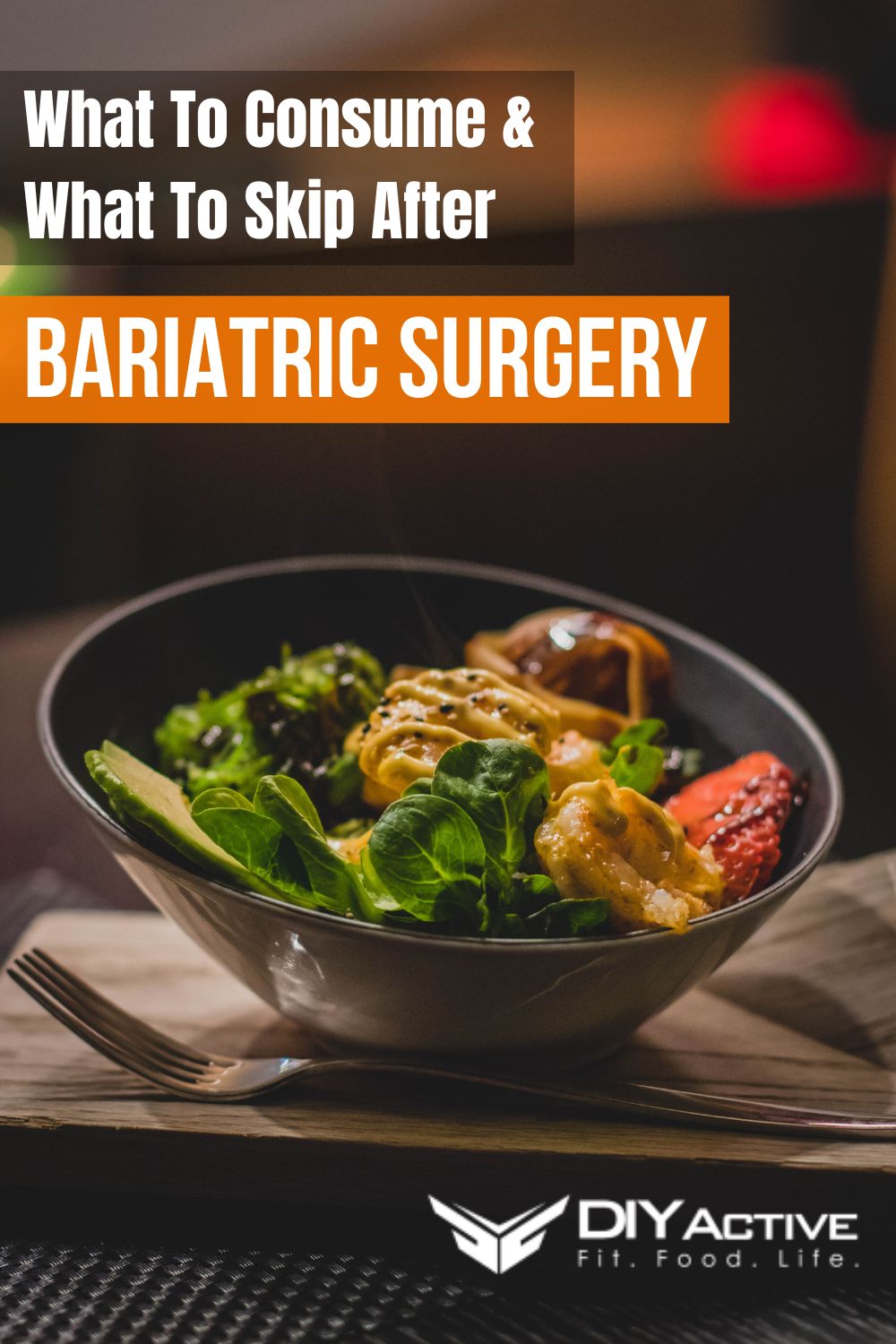
Bariatric surgery is today an increasingly common treatment of obesity. Due to the anatomical changes of the gastrointestinal tract and the accompanying metabolic and endocrine changes in the patient, appetite, food preferences, portion sizes, beverage intake, and absorption of energy and nutrients are affected.
What To Consume & What To Skip
To first lose weight and then maintain it, you need new habits, both in terms of what you eat and how you eat. You need to eat little but often, consume food with the right nutritional value, eat slowly to avoid dumping, avoid overly fatty foods, and take nutritional supplements for the rest of your life.
After the operation, the food is taken up in a new way. It reaches the intestine faster, which affects how food is broken down. Below we share some crucial meal planning tips after bariatric surgery.
First Week After Surgery
In the first days after your surgery, while you’re in the hospital and after being discharged, you’ll be required to sip 1-2 ounces of clear fluid every hour, including broth, sugar-free beverages, and gelatin. By doing so, you’ll be able to build up your fluid intake and your stamina.
One week after your bariatric surgery, you’ll most likely be asked to meet with your surgeon and this is the perfect opportunity to ask questions and inform them how you’ve been feeling, both physically and emotionally.
Usually, around this time, you may be allowed to slowly add heavier liquids into your diet such as low-fat creamed soups, protein shakes, and light yogurts.
Before your surgery, it’s wise to stock your pantry and refrigerator with the right ingredients so that you can readily be on hand when needed.
3-4 Weeks After Surgery
At 3-4 weeks after your bariatric surgery, you can slowly add pureed food into your diet as it will help you get used to textures and prepare you to start eating solid foods.
You should begin consuming protein-rich foods like turkey, chicken, fish, eggs, and beans and towards week 5, you can add veggies and fruits. Keep in mind to avoid fibrous vegetables such as broccoli, asparagus, and Brussel sprouts.
If you make purees out of carrots or sweet potatoes, make sure to first soften them in the microwave or on the stove in boiling water.
6-8 Weeks After Surgery
Soft foods are an important step towards starting to consume solid foods around 6-8 weeks post-surgery and they include everything from cooked or canned lean meats, fish, and certain vegetables and fruit.
To get some inspiration about soft foods, talk with people who’ve also undergone weight-loss surgery and you’ll surely get excellent ideas. If you’re a vegetarian, beans and tofu can be an excellent choice of food.
Even when you start eating a normal diet after 6 weeks and onwards, the portion sizes will be much smaller than before the operation. It is important to take your time, chew your food carefully and stop eating when you feel full.
Portion Size
There are no general recommendations regarding portion size for patients who have undergone bariatric surgery. A common misconception is that the size of the stomach pouch or the stomach is important and therefore many believe that bariatric surgery patients will eat small portions forever.
There’s no indication that the size of the stomach pocket would be related to how much the patients lose weight, neither after gastric bypass nor after the sleeve. The amount of food eaten is rather controlled by the various hormones in the gastrointestinal tract that signal hunger, satiety, and reward after a meal.
It’s important to be aware that the portion size increases over time and that this is expected and normal. There is no indication that the surgically created anatomy would change even several years after surgery.
Vitamin Supplements
A lifelong intake of vitamins and minerals is required after bariatric surgery due to reduced nutrient uptake in the intestine and only small amounts of food. Follow up on your vitamin and mineral status with regular blood tests. Examples of vitamin supplements are B12 and multivitamins.
What to Avoid
Try to avoid foods like fibrous vegetables, large amounts of raw foods, and dough like white bread, pancakes, white pasta, as well as popcorn as they can take up space in your stomach and be difficult to digest.
Also avoid empty calories like cakes, ice cream, coffee bread, chips, sweets, and soft drinks. They provide no nourishment, only energy.
Also, try to skip high-fat foods that can cause fatty diarrhea, such as deep-fried, fatty sauces, and chips.
Wrap-Up
Bariatric surgery brings significant changes to a person’s life and with determination, proper nutrition, the right meal planning, and eating habits, patients can find success with their new normal.
Photo by Yaroslav Shuraev from Pexels
Photo by Valeria Boltneva

